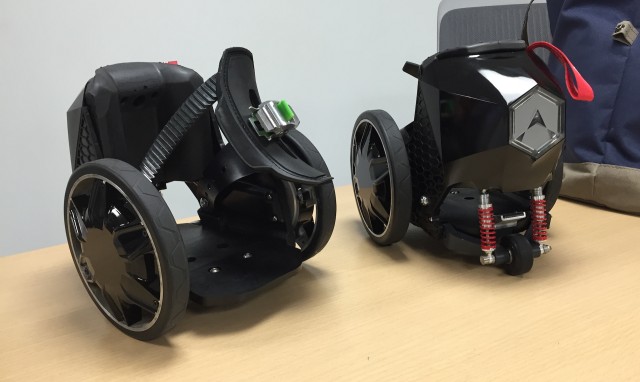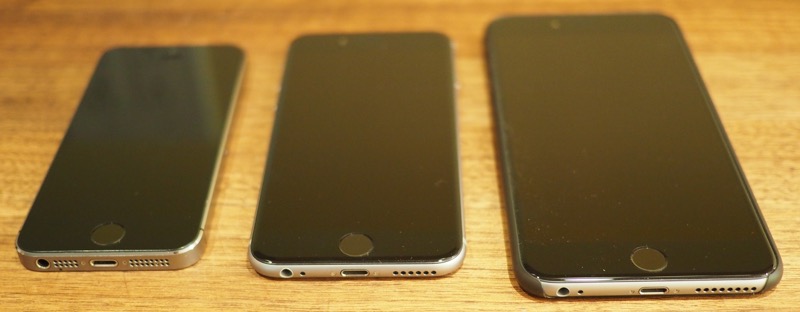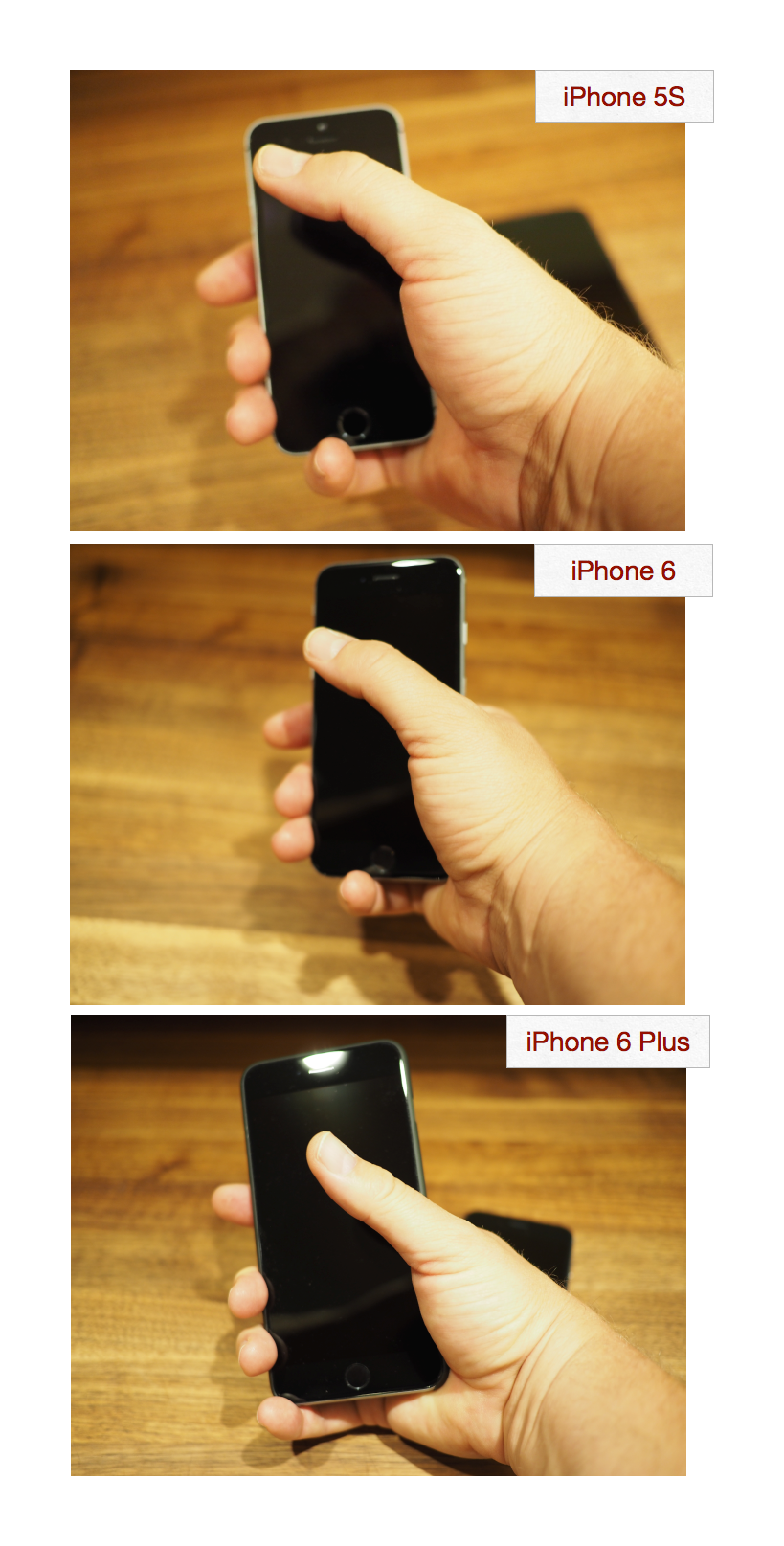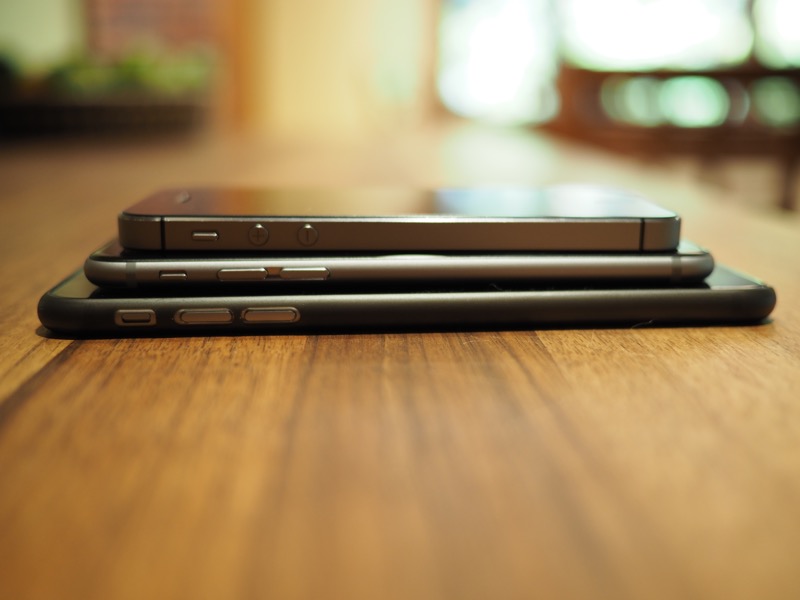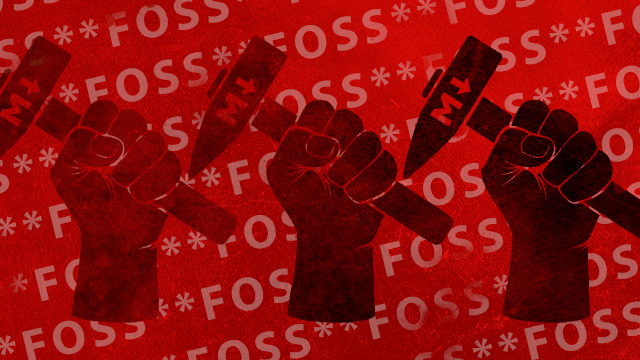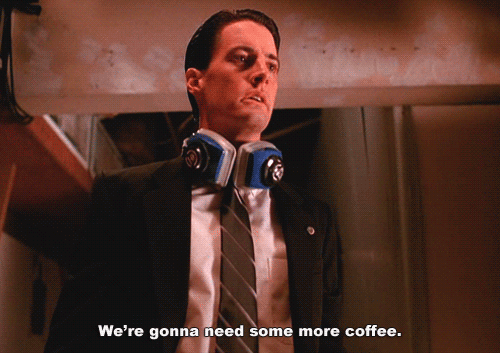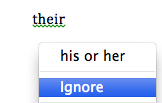By Vimal Patel
The bill wasn’t that much as far as medical tabs go: $3,274. But when Robyn Schroeder learned that her Brown University health insurance would not cover the cost to remove three wisdom teeth, it set off what she calls her "odyssey of various jobs."
It was the summer of 2009, and money was tight for Ms. Schroeder, who was working toward a Ph.D. in American studies. Her Brown stipend of $21,500 a year wouldn’t cover all the expenses. So, after the dental operation, she strung together a series of odd jobs—she tutored, edited grant proposals, advised students, and cared for an elderly man.
The jobs were in addition to her teaching duties, coursework, and dissertation research. The extra employment, she says, helped pay the bills but hurt her studies and pushed her degree farther from reach.
Ms. Schroeder was not alone in her struggles. She entered the Ph.D. program in 2008 as part of a group of eight students. So far, only one has earned a doctoral degree.
Related Content
Enlarge Image

For a while, Elena Gonzales was on track to complete her degree within five or six years. But starting in 2011, a series of unexpected life events intruded on her studies.


For a while, Elena Gonzales was on track to complete her degree within five or six years. But starting in 2011, a series of unexpected life events intruded on her studies.
Enlarge Image

Emily Wooldridge, The Brown Daily Herald
Dozens of students in April protested Brown U. policies designed to hasten graduate students’ progress,
including a dissertation-completion form that asks questions about why they need more time.


Emily Wooldridge, The Brown Daily Herald
Dozens of students in April protested Brown U. policies designed to hasten graduate students’ progress,
including a dissertation-completion form that asks questions about why they need more time.
For the rest, medical issues, financial problems, family pressures, and feelings of academic inadequacy have forced them to take longer than they—and administrators—would have liked. In some cases, those obstacles were too much, and the students dropped out.
Although this is only one cohort in one discipline at one university, the group’s experience reflects the challenges of balancing life and the pursuit of a Ph.D.
Those challenges, while always a concern for administrators and professors, have come to the fore as more universities push students to earn their doctorates faster. University officials cite the growing need to reduce unnecessary graduate-student debt, to help students avoid the opportunity costs of not getting on with their lives, and to save money on the cost of supporting them. That push is largely focused on the humanities, where the median time to a Ph.D. is now nine years, compared with less than seven years for both engineering and the physical sciences.
At Brown, time-to-degree and retention rates are better than the national average. But as the American-studies cohort shows, even at top universities, which often offer relatively generous support, it seems everything must break a student’s way for him or her to finish before financial support runs out. No snags in the research, no medical or family emergencies, no unforeseen expenses.
It’s those issues, members of the Brown group say, that get lost in the discussion about speeding up the time to degree.
Late in graduate school, Ms. Schroeder says, "you’re trying to keep your sense that the timeline of your life is more important than the timeline the administration would like your life to be on."
Such concerns, of course, were far from the students’ minds when they arrived, in the fall of 2008, to start their graduate work. A former Navy officer, a waitress, a nonprofit fund raiser—members of the group came from diverse backgrounds and had different ambitions for the future. Some wanted to become full professors and to answer big scholarly questions. "I wanted to solve America," says Ms. Schroeder. Others were more practical, simply happy to wait out the cratering economy for a few years.
But as soon as the cohort enrolled, a clock started ticking.
Brown guarantees five years of stipend support for American-studies students—now $23,000 or $25,500 annually, depending on whether summer support is provided—with an optional sixth year. It’s a generous commitment compared with most universities. But that countdown to the day the money runs dry can be daunting.
When they started, it’s unclear if all the members of the group expected to hit that five-to-six-year mark. (Some declined to talk to The Chronicle about their doctoral work, and one student died in a car crash, in 2010.)
For Elena Gonzales, who was a fund raiser at a museum in Chicago before starting at Brown, the timeline didn’t seem like a problem at first.
For a while, she was on track to complete her degree in time, finishing her coursework, field examinations, and dissertation prospectus ahead of schedule. But starting in 2011, a series of life events—some joyous, some not—interrupted her path.
She became pregnant, though at first that did not slow her down. She completed her dissertation research during her pregnancy, working through the last weeks while on bed rest. When her son was born, Ms. Gonzales took three months off from her studies to focus on parenting.

Lucio Villa
For a while, Elena Gonzales was on track to complete her degree within five or six years. But starting in 2011, a series of unexpected life events intruded on her studies.
Around that time, the condition of her mother, who had been battling ovarian cancer for years, worsened, and Ms. Gonzales dedicated more time to care for her. In 2013 her mother died. She again put her academic work on hold, this time for four months, to deal with her grief and to settle her mother’s estate.
All the ups and downs impeded the steady progress she had been making toward her Ph.D. She’s now set to earn her degree by this December.
She says she has been lucky to get this far, emphasizing that without her husband’s financial support she probably would have dropped out.
"It drives home for me how privileged I am," Ms. Gonzales says. "Seeing what has allowed me to persevere, it became clear to me just how many people are excluded from the world of doctoral studies. Even people who get to that elite educational level, if you don’t have that support network—whether financial, emotional, or just day-to-day support for what you’re doing—I can’t imagine having stayed in the program."
Unlike Ms. Gonzales, the money pressures were all too real for Robyn Schroeder.
She entered the Brown program with about $1,500 in medical debt and soon had to start paying off the private student loans she had accrued as an undergraduate at Wesleyan University. While Brown prefers that graduate students not take work outside the university, her various jobs kept her above water for a time. But as she finished her sixth year and faced the end of the stipend, she didn’t know what to do.
"The odds of me finishing my Ph.D. if I were working a full-time job outside the academy plummet," Ms. Schroeder says.
By chance, however, her adviser became director of the Brown Center for Public Humanities and Cultural Heritage in July, and was able to provide her with a stipend-supported graduate position. Having avoided the financial cliff of seventh-year students, she stayed in the program.
Compared with other universities in the country, Brown’s time-to-degree rates in the humanities and the social sciences are to be envied. The time to Ph.D., calculated at the university from when a student enters a program to when he or she hands in a dissertation, was six years for humanities students who received their doctorates in May and slightly less in the social sciences. (Brown declined to provide time-to-degree data for American studies, which it classifies as a social science.)
Despite those statistics, the university has started to put more pressure on some students to finish quicker. In 2011 it began requiring students in the humanities and social sciences to explain why a sixth year of stipend support was needed. Students must now fill out a form, called a "dissertation-completion proposal," that asks a series of questions about why they need more time and what their financial situation looks like.
Administrators at Brown say the policy has cleared up confusion about how to apply for additional funds after the five-year guarantee ends and has established a path to renewed financial support based on merit. While most students qualify for the additional year of funds, some have objected to the policy.

Emily Wooldridge, The Brown Daily Herald
Dozens of students in April protested Brown U. policies designed to hasten graduate students’ progress, including a dissertation-completion form that asks questions about why they need more time.
In April about 80 graduate students gathered outside the home of Brown’s president to protest the rule, carrying signs and chanting slogans. They derided the completion form as condescending and said it created more confusion at an already-difficult moment in their pursuit of a Ph.D.
Matthew P. Guterl, chair of the American-studies department, sympathizes with the financial challenges of students.
"If money was no issue—and I really wish it wasn’t—then there wouldn’t be a five-year funding guarantee," he says. "It would be a guarantee to fund graduate students until they were done with their dissertation, as long as a faculty member could verify each year the student was making satisfactory progress and the work was important. The whole reason we’re having this conversation is we don’t have that kind of funding mechanism. I don’t think any university can afford that."
Other universities have made similar changes in their financing of humanities Ph.D.’s. The University of Texas at Austin’s liberal-arts college, for example, recently announced it would no longer provide financial support to students, except in certain circumstances, after six years.
Many doctoral students say such moves will prevent some low-income students from pursuing a degree, and argue that quicker degree-completion times are being imposed on them by administrators who never faced such pressures themselves. The students have a point. The time it takes to earn a doctorate is the lowest it’s been in a generation, according to the National Science Foundation’s Survey of Earned Doctorates.
Administrators counter that moving students more quickly out of their Ph.D. programs could help them avoid bigger financial problems down the road.
Doctoral students in the humanities and social sciences can sometimes earn a degree but accumulate huge amounts of debt in doing so. In 2012, the latest year for which data are available, about 10 percent of humanities Ph.D.’s graduated with more than $90,000 in education-related debt; 14 percent of social-science graduates had the same debt burden. By comparison, fewer than 3 percent of doctoral recipients in engineering and the physical sciences, who have more access to industry and government research grants, had such debt, federal data show.
A recent Modern Language Association report called on universities to design Ph.D. programs that can be completed in five years, citing the "social, economic, and personal costs" of how long it takes many humanities Ph.D.’s to obtain their degrees.
Sarah Fine, who waited tables before attending Brown, knows some of those costs very well. As a member of the Brown cohort who dropped out, she found the psychological pressures hardest to deal with.
Almost from the start, Ms. Fine says, something was wrong. While she was largely on track, she felt she was behind and didn’t belong.
The pressure of the funding clock grew when she didn’t zero in on a dissertation topic. About three years into the program, Ms. Fine, who wanted to become an academic and whose brother and parents each have doctorates, quit.
"It was textbook impostor syndrome," says Ms. Fine, referring to her feelings of self-doubt and academic inadequacy despite evidence to the contrary. After leaving Brown, she completed a master’s degree in city planning at the University of California at Berkeley. Today she works as a transportation planner in San Francisco.
"I wouldn’t wish graduate school in the humanities upon my worst enemy," says Ms. Fine. "It’s such a dark place. Perfectly sane people become temporarily insane in grad school because of the internalized pressure."
Ms. Fine calls her Brown adviser "extraordinary." But she also says there should have been more checks on her progress. And there could have been more institutional support, she says, in helping her plan her dissertation.
Mr. Guterl, who became the American-studies chair last year, emphasizes that many avenues exist for students to get help at Brown. He says that he gives out his cellphone number to new students and that all faculty members can act as counselors. In addition, assistant graduate deans can help students through psychological or financial crises if they’d rather go outside the department. "This department tries exceptionally hard to be emotionally available to students," he says.
To be sure, the process of earning a doctorate is intended to be academically rigorous and may not suit everyone. But the feelings of isolation and loneliness that Ms. Fine describes are common, and may be more acute in the humanities, contributing to the lengthy time-to-degree and poor retention rates.
In recent years, more universities have tried to combat the sense of isolation in humanities and social-science programs, where, unlike in the physical sciences, students don’t have the lab structure that necessitates interaction with fellow students and advisers. Departments have placed more emphasis on academic advising, to keep students on track, or have started to offer writing workshops and colloquia where students can discuss their dissertations with one another.
Other factors also account for why a humanities Ph.D. may take so long. The sheer breadth of readings, possible foreign-language training, and the occasional need for site visits for research add time. Ms. Schroeder, for instance, has visited eight presidential libraries as part of a dissertation about the role of historical memory in American politics.
For some students, it all adds up to a seemingly impossible combination.
"Institutions should better understand what the mental impacts are of the things they’re asking people to do in a shorter and shorter time frame," Ms. Fine says. "I think only a supercharged individual would be able to finish my program at Brown in five years."
By the accounts of the other students in the cohort, Sean Dinces is supercharged. Unlike his peers, he finished the program in five and a half years. So far, he is the only one in the cohort to earn his Brown doctorate.
Yet while he beat the countdown on the funding clock, he attributes his success, ultimately, to "a lot of luck and privilege."
Unlike some of the others in the cohort, he had no student debt upon entering the program. He served as a Navy officer before Brown, and his bachelor’s and master’s degrees were paid for by the Defense Department.
Having the right adviser was also key. His mentor, Mr. Dinces says, was "the type that made sure that I had a viable dissertation topic, provided thoughtful and comprehensive feedback, returned dissertation chapters promptly, checked in on me regularly, and gave me honest and sensible advice about the job market."
What’s more, Mr. Dinces says, the research for his dissertation, about professional sports in Chicago, unfolded without any major hurdles.
"As far as I know, it’s almost unheard of for all of it to fall into place as perfectly as it did for me," says Mr. Dinces, who is now an assistant professor of American sports history at the University of Wisconsin at Madison. "Is it possible to finish in less than six years? Of course. But that’s very different than saying we should envision less than six years as a realistic average."
As the wider debate about time to degree continues, Brown’s American-studies department appears to have noted the challenges many students face.
Three years ago, the department changed the curriculum to make it easier for students to finish more quickly. With fewer readings for their comprehensive exams and fewer courses, for example, students can get started on their dissertations earlier.
Ms. Schroeder largely supports the changes but believes students may still have a hard time finishing in six years.
She is in the process of completing her dissertation and is starting to see the light at the end of the long tunnel. Even so, she received a recent reminder about how the unpredictability of life can intrude on her studies. Her father got a diagnosis of Stage 4 colon cancer, which has metastasized to his lungs. The news is yet another distraction from her Ph.D.
Unexpected life events, differences in curricula, and dissertation scope, Ms. Schroeder says, will always cause situations in which two equally diligent students take widely differing times to complete their programs. Perhaps, she says, it’s time universities rethink how they finance their Ph.D. students and dismantle the funding clock.
As long as they are in good standing, she says, "students who are admitted to programs should be financially supported to completion."











